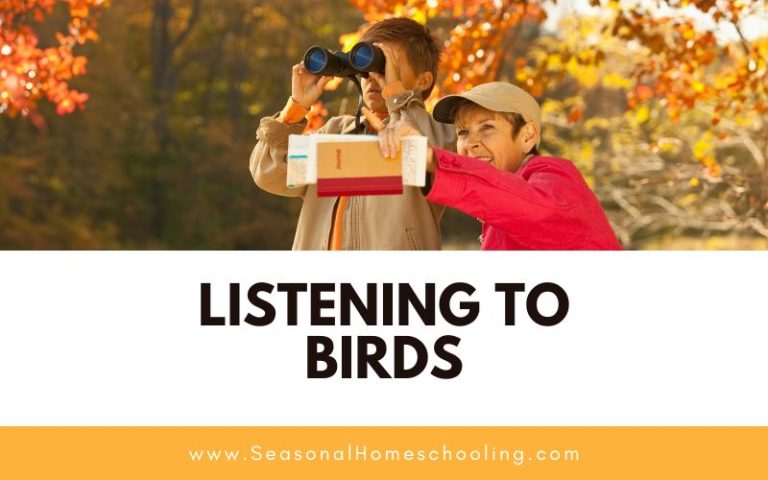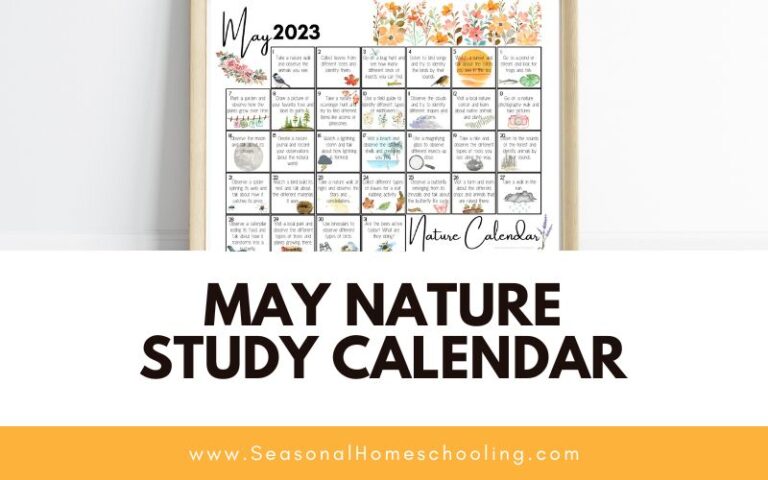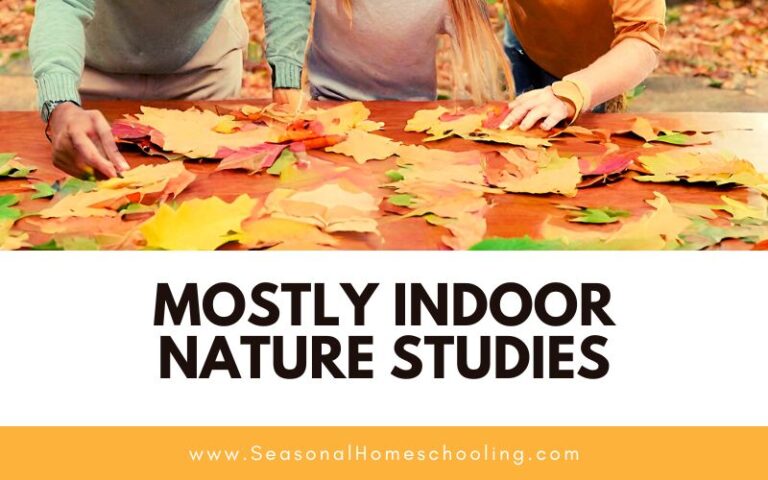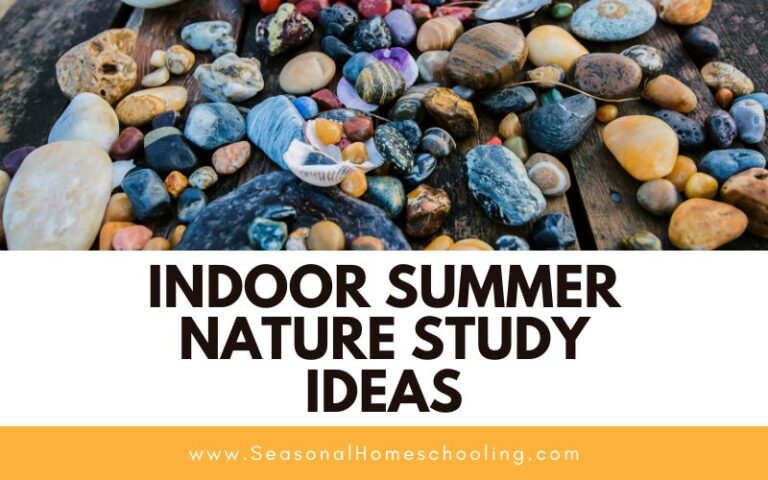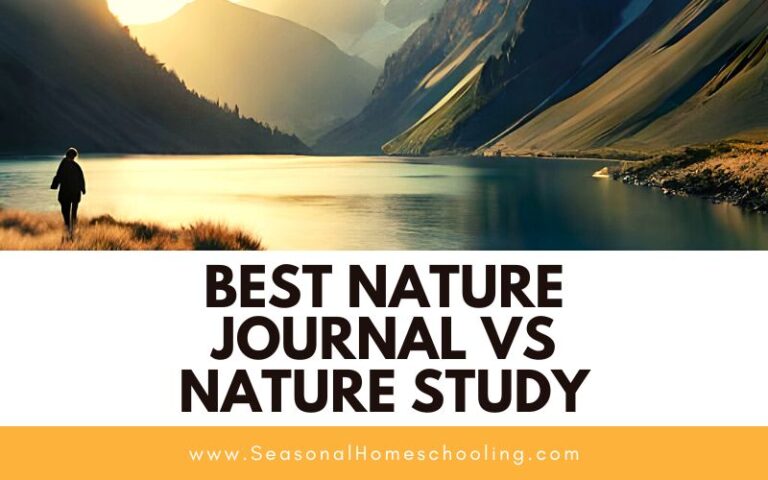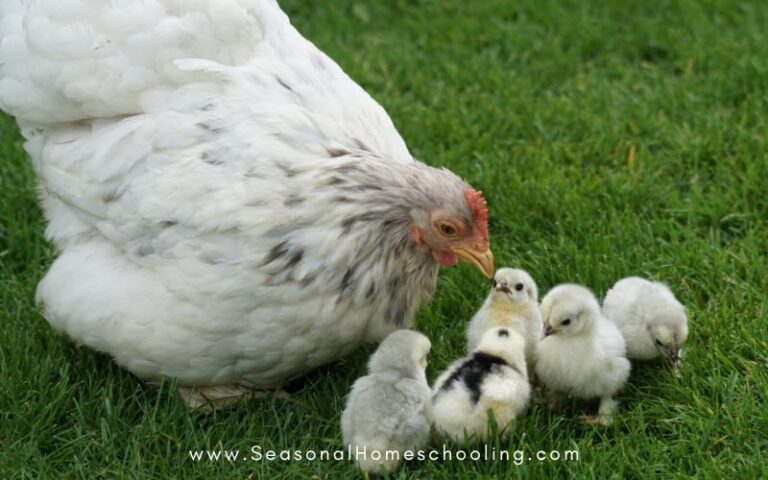What is Nature-Based Homeschool?
Our homeschooling method has no formal plan for our nature-based homeschool. The purpose of being in nature is to promote both mental and physical well-being as well as cognitive development. I think it is important for our kids to be outside in all weather, each season, all year long experiencing nature.
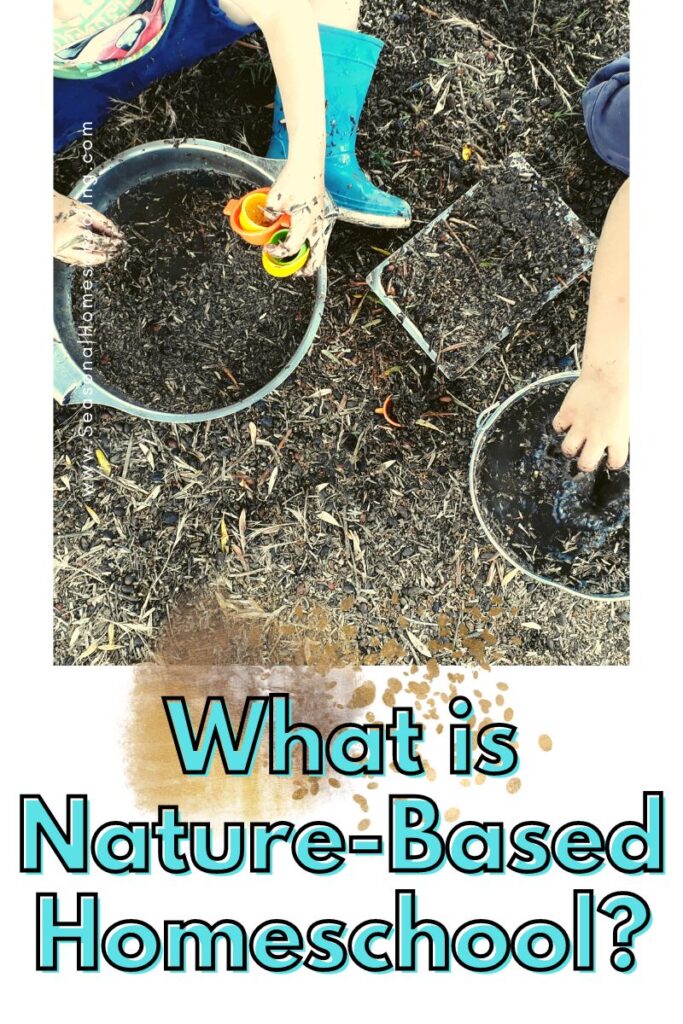
This post contains affiliate links, see my disclosure policy for more information.
What is Nature-Based Homeschool?
To be sure you think about including an additional component to your homeschooling day or are planning on it and I believe it is superior to that. There are other, interesting, options available for a guided way you can use them in nature studies.
Nature-Based Homeschool
This is something that has been growing in popularity over the past few years as parents are interested in children’s connection with nature and harnessing its benefits for their educational development.
Forest schools are popping up for all ages. I would have loved to have had something like these for kids when we lived out west. Now I can’t keep my kids in the house.
What is Nature-Based Learning?
Nature-based learning, or learning through exposure to nature and nature-based activities. It occurs in natural settings and where elements of nature have been brought into built environments, such as plants, animals, and water.
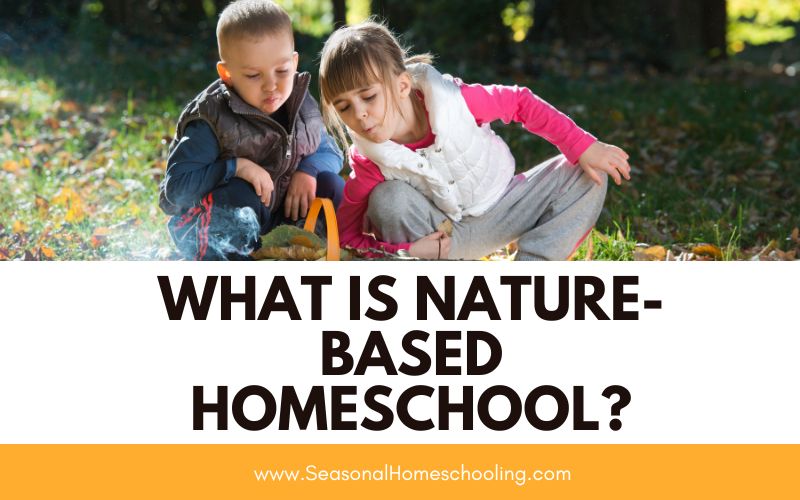
How to Get Started in Nature-Based Homeschooling
One of the best things about homeschooling is that you can tailor your child’s education to their unique interests and learning style. If your child loves being outdoors and exploring nature, then nature-based homeschooling might be a perfect fit!
Start by getting outside every season.
Winters can be hard, the cold is not everyone’s favorite thing. I for one really struggle with it, but we still make a point of getting outside every day. Whether it is just walking around the house or going for a real walk.
There are some amazing books you may want to check out to help you get started with nature-based homeschooling. I often use books of this nature as a jumping-off point. A way to kick my brain into high gear, and get the ideas flowing. Check out your local library for books.
Gardening
Fruit, vegetable, or flower. All are great options for learning about plants growing in nature. If you grow fruits and vegetables you get the added bonus of having a delicious reward in the summer and fall.
It is a great way to get your kids to eat healthy snacks too.
Bugs
Build a bug hotel. I’ll be the first to say I don’t do bugs, but there are quite a few insects that are quite useful to us.
Many bugs are actually helpful! By building a bug hotel, you can provide a safe place for them to live while also getting a closer look at these amazing creatures. Plus, it’s a fun project that the whole family can enjoy!
Playing with Natural Things
Do you make mud pies? How about building with old sticks and/or logs? Let your imagination be free. Playing outside grows resilience, self-confidence, initiative, creativity, and more.
Nature-based homeschooling is a great way to get started in homeschooling. It is a fun and educational way to learn about the world around us. It is also a great way to bond with nature.

